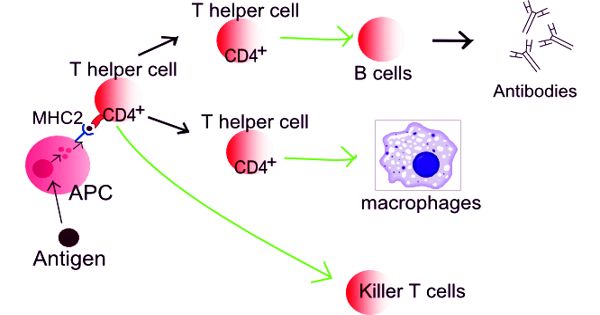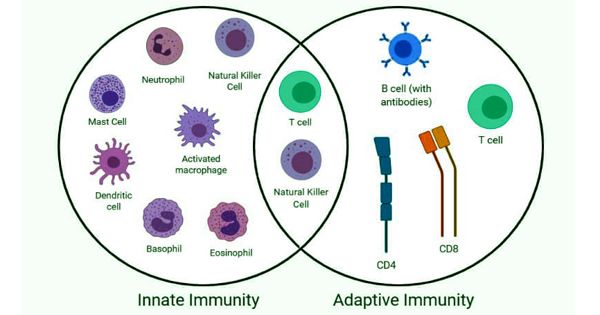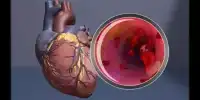The adaptive immune system, also known as acquired immunity, employs specific antigens to mount a strategic immune response. Unlike the innate immune system, which attacks only when general threats are identified, adaptive immunity is activated by pathogen exposure and uses immunological memory to learn about the threat and enhance the immune response accordingly. The adaptive immune response reacts much more slowly to threats and infections than the innate immune response, which is always primed and ready to fight.
Scientists studied the adaptive immune system as a kind of artificial intelligence that can be trained to produce the correct response to invasion by pathogens. This work may lead to more effective vaccines and immune-boosting therapies.
Scientists from The University of Tokyo’s Institute of Industrial Science demonstrated how the adaptive immune system controls the immune response to repeated infections using a method similar to reinforcement learning. This research could lead to significant advancements in vaccine development and immune-boosting interventions.
The immune system is a network of special cells, tissues, proteins, and organs that work together to defend the body against potentially harmful foreign invaders and disease. When our immune system is working properly, it detects threats like bacteria, parasites, and viruses and initiates an immune response to destroy them. Our immune system is divided into two categories: innate and adaptive.
The adaptive immune system in the human body fights germs by remembering previous infections so that it can respond quickly if the same pathogens return. This intricate process is dependent on the cooperation of numerous cell types. T helpers are among these, and they help by coordinating the response of other parts of the immune system, known as effector cells, such as T killers and B cells. When an invading pathogen is detected, antigen-presenting cells deliver a piece of the germ to a T cell. In a process known as clonal selection, certain T cells become activated and multiply many times. These clones then mobilize a specific set of effector cells to combat the germs. Despite decades of research into the immune system, the “algorithm” used by T cells to optimize their response to threats remains largely unknown.

Scientists at The University of Tokyo have now used an artificial intelligence framework to demonstrate that the number of T helpers acts as a “hidden layer” between inputs and outputs in an artificial neural network, which is commonly used in adaptive learning. The antigens presented are the inputs in this case, and the responding effector immune cells are the output. “We believe the immune network can reflect associations between antigen patterns and effective responses to pathogens, just as a neural network can be trained in machine learning,” says first author Takuya Kato.
Vaccinations can improve the efficiency of the adaptive response. A vaccine contains a non-harmful version of the germ against which you need to be protected. The adaptive system remembers the invader so that the next time it comes into contact with the germ, it can launch an attack quickly.
The main difference between the adaptive immune system and computer machine learning is that only the number of T helper cells of each type can be changed, as opposed to the weights of connections between nodes in each layer. After undergoing adaptive learning, the team used computer simulations to predict the distribution of T cell abundances. These values were discovered to be consistent with experimental data based on genetic sequencing of actual T helper cells.
“Our theoretical framework may fundamentally alter our understanding of adaptive immunity as a true learning system,” says co-author Tetsuya Kobayashi. “This research has the potential to shed light on other complex adaptive systems, as well as ways to optimize vaccines to elicit a stronger immune response.”
The adaptive, or acquired, immune response to an initial infection takes days, if not weeks, to establish, far longer than the innate response. However, adaptive immunity is more specific to an invading pathogen and can fight back much faster than the innate response if it has previously encountered the pathogen. Adaptive immunity develops after being exposed to an antigen, either from a pathogen or from a vaccination. An antigen is a molecule that binds to a specific antibody, frequently eliciting an immune response.
















